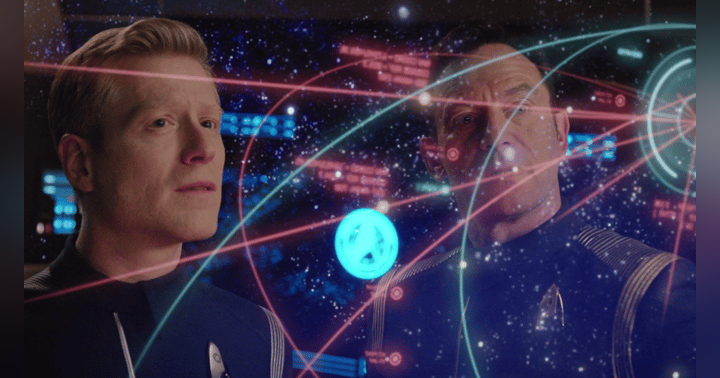Empathy is Crucial at Work

Empathy can be defined as the ability to identify with or understand another person’s situation, feelings, and motives.
If you want to create more empathy in your office it's important to have a genuine care for other people on your team that extends beyond them doing their job well and becomes looking out for how they are feeling - even if it's something seemingly small like noticing they were having a hard time carrying their laptop up the stairs because of an injury.
What might seem like "small things" may actually make a difference in someone else's day. Empathy can help you connect with others by understanding where they're coming from so you know what solution would best suit them.
Some people are more naturally empathetic toward others but everyone can work on this ever important skill.
Here are a few ways to learn from experts and take the first step in creating more empathy at work:
Dr. Adam Grant is one of the most influential scientists studying human motivation to date. His book, Give and Take, reveals that in order to succeed at work and life, you must be a giver.
Empathy is central to his research as it's how we express our human nature. Adam points out that empathy is "a catalyst for helping others" and when people feel they are being helped, regardless of how small the gesture may be, they respond by helping others in return.
How you can apply this: When someone asks for help or a favor, focus on how you can solve the problem that they are asking about instead of coming up with excuses why it won't work - empathy will lead to more cooperative relationships in the office as you take others' perspectives and desires into account when making decisions.
Adam Grant also urges you to make sure that when you are a giver, sometimes it's better not to give.
If you try too hard to be nice and help others by doing things for them without reciprocation there will be negative consequences: your value as a reliable resource goes down. The key is finding balance between being helpful and giving too much.
When you know the line between those two, respect that boundary so that both parties benefit from the interaction.
How you can apply this: If someone has a problem with another employee, try to help them handle it by encouraging communication and working together to resolve issues instead of jumping in as "the fixer" and doing all of the talking for them.
How to Empathize:
Identify the problem. Quoted from Adam Grant's interview in Inc. magazine , empathy requires you to understand and articulate what someone else is experiencing so that they feel understood. After they feel heard, then you can focus on problem-solving together. Don't jump ahead and offer solutions unless they're asked for.
Listen. One of the best ways to practice being empathetic is by doing it - over and over again. Adam suggests practicing three things when listening: "See, Sense, Soar." See what they are saying with your eyes; sense their feelings by being attuned to nonverbal cues like facial expressions; and soar by bringing your perspective to the conversation.
As Adam Grant said in his recent interview on The Today Show , "we have an overabundance of empathy" for those with the most influence. It's time to focus that empathy more on others who could benefit from it. Many people try their best to be kind and generous but it's clear their focus is too narrow.
How to do this: Ask yourself a few questions before you respond to a coworker: 1. What is the goal we are trying to accomplish? 2. Who will benefit from it? 3. Am I considering everyone involved? 4. If someone else were in this situation, how would I want them to react?
Most importantly, know that you will make mistakes. And then, learn from these experiences and continue to grow. Empathy is a skill and it takes practice to get better at it but the more you focus on others' needs rather than your own, the better for everyone.
This post contains affiliate links. I may receive a commission for purchases made through these links but it won't cost you any more.


